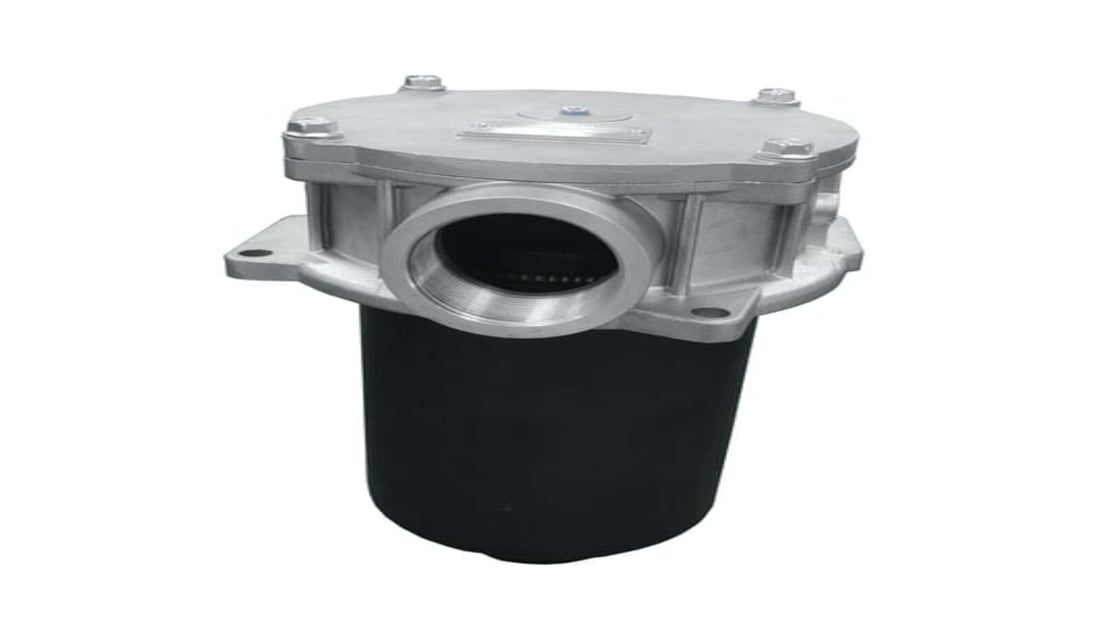Understanding the Importance of a Hydraulic Filter
When it comes to industrial equipment, the hydraulic system plays a crucial role in ensuring smooth and efficient operation. The hydraulic filter is a key component of this system, as it helps to remove contaminants and impurities that can damage the equipment. Choosing the right hydraulic filter is essential to maintain the performance and longevity of your industrial equipment.
Consider the Operating Pressure
One of the most important factors to consider when choosing a hydraulic filter is the operating pressure of your equipment. The filter must be able to handle the pressure levels to ensure proper filtration. Make sure to check the manufacturer's specifications and choose a filter that is compatible with the operating pressure of your industrial equipment.
Understand Filtration Efficiency and Micron Rating
Filtration efficiency is another critical aspect to consider when selecting a hydraulic filter. The micron rating of the filter indicates the size of particles that can be captured. A lower micron rating means better filtration efficiency. Consider the level of contamination in your equipment and choose a filter with an appropriate micron rating to ensure effective filtration.
Assess the Flow Rate Requirements
The flow rate of the hydraulic system is another important factor to consider when choosing a filter. The filter must be able to handle the flow rate to ensure proper filtration without causing pressure drops. Be sure to check the flow rate requirements of your equipment and choose a filter that can accommodate the necessary flow rate.
Choose the Right Filter Media
Hydraulic filters come in various types of media, such as cellulose, synthetic, or metal. Each type of media has its own pros and cons in terms of filtration efficiency and durability. Consider the operating conditions and type of contaminants in your equipment to choose the right filter media that best suits your needs.
Consider the Filter Configuration
There are different types of hydraulic filter configurations, including in-line filters, tank top filters, and spin-on filters. Each configuration has its own advantages and is suitable for different applications. Consider the space constraints and accessibility of the filter location in your equipment to choose the right filter configuration.
Check the Compatibility with Fluid Type
Different hydraulic fluids have varying chemical compositions, which can affect the compatibility of the filter. Make sure to check if the filter is compatible with the type of hydraulic fluid used in your equipment to prevent any compatibility issues. Choosing a filter that is chemically compatible with the fluid will ensure optimal performance and longevity.
Consider the Service Life and Maintenance Requirements
The service life of a hydraulic filter depends on factors such as operating conditions, contamination levels, and maintenance practices. Consider the expected service life of the filter and the maintenance requirements to ensure cost-effective filtration. Choose a filter that has a longer service life and requires minimal maintenance for optimal performance.
Look for Quality and Certification
When choosing a hydraulic filter for your industrial equipment, it is important to look for a reputable manufacturer that offers quality filters. Check for certifications such as ISO standards to ensure that the filter meets industry standards for performance and quality. Investing in a high-quality and certified filter will help prevent equipment damage and ensure reliable filtration.
Consult with a Hydraulic Filtration Expert
If you are unsure about which hydraulic filter to choose for your industrial equipment, consider consulting with a hydraulic filtration expert. They can provide valuable insights and recommendations based on your specific requirements and help you select the right filter for optimal performance and longevity.
Quote Inquiry
Contact us

